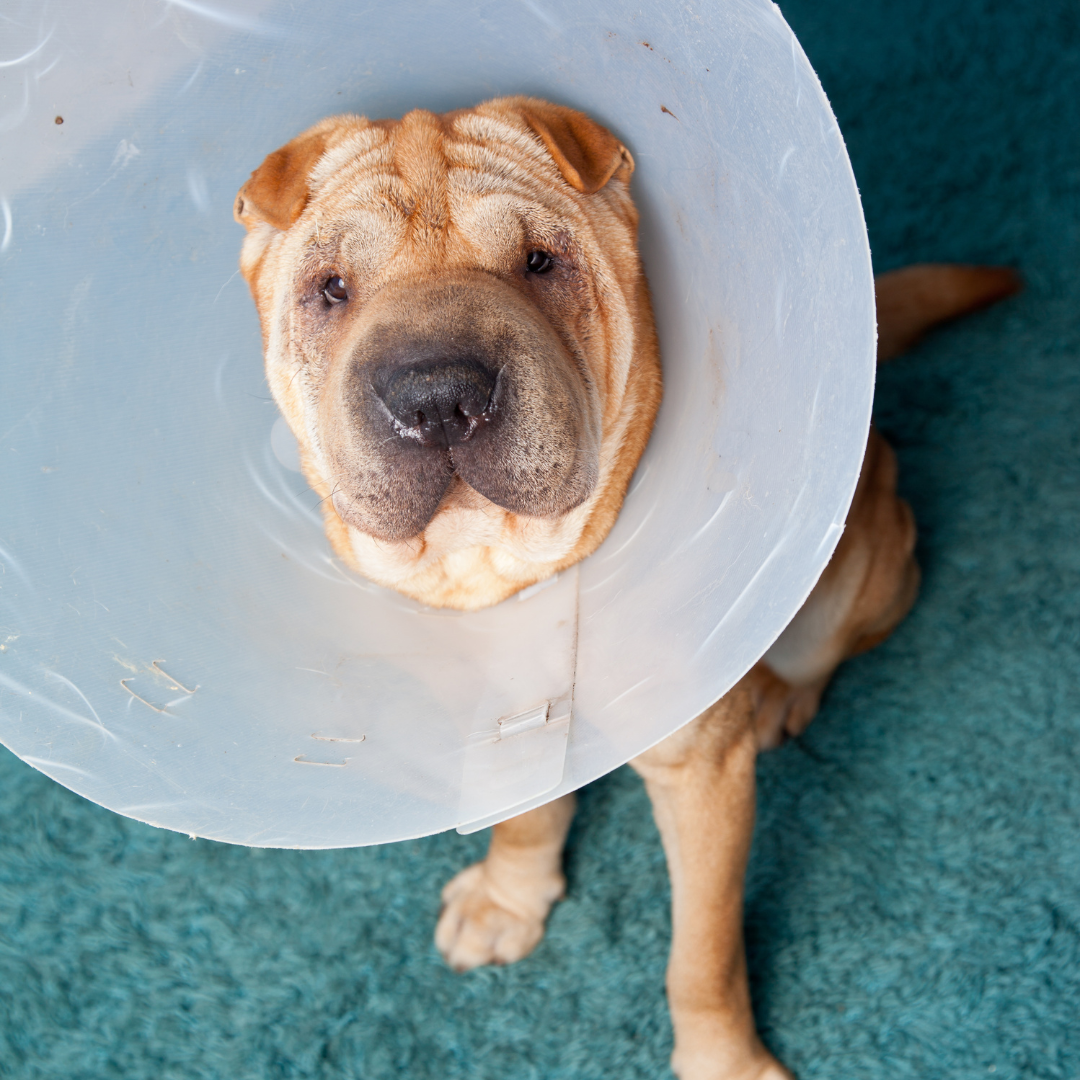Expert Orthopedic Pet Surgery in Taylor, MI
From TPLO surgery and fracture repair to joint pain treatment, our state-of-the-art surgical suite in Taylor, MI, helps pets move comfortably again. We’re here to get them back on their paws — happy, healthy, and pain-free.
Orthopedic Surgery
What is Orthopedic Surgery for Pets?
Orthopedic surgery focuses on treating injuries and conditions affecting the bones, joints, ligaments, and tendons. Many pets suffer from joint degeneration, ligament tears, or bone fractures that require surgical intervention to restore function and prevent long-term pain.
At A W Animal Hospital, our experienced veterinary surgeons perform a wide range of orthopedic procedures, including:
- TPLO Surgery for Dogs (Tibial Plateau Leveling Osteotomy) – A highly effective treatment for cranial cruciate ligament (CCL) tears in dogs
- Fracture Repair – Surgical stabilization of broken bones to ensure proper healing
- Dog Knee Surgery (Cruciate Ligament Repair) – Restoring stability to the knee joint after ligament injury
- Patellar Luxation Surgery – Correcting kneecap dislocations for better mobility
- Hip and Elbow Dysplasia Surgery – Addressing genetic joint conditions to improve comfort and function
- Arthritis Management & Joint Therapy – Providing surgical and non-surgical options for pets with chronic joint pain
We also offer soft tissue procedures to help pets with tumor removals, wound repairs, bladder stone removal, and other internal conditions.

Why is Orthopedic Surgery Important for Pets?
Orthopedic issues can significantly impact your pet’s comfort and ability to move. Many conditions, such as CCL injuries, hip dysplasia, and degenerative joint disease, can lead to chronic pain, lameness, and reduced quality of life if left untreated.
Surgical intervention is often the best option for pets with severe joint instability, fractures, or ligament tears. Procedures like TPLO surgery for dogs and cruciate ligament repair have high success rates, allowing pets to regain mobility and live pain-free, active lives.

What to Expect During Your Pet’s Orthopedic Surgery
We take every step to ensure a smooth and stress-free experience for you and your pet.
- Comprehensive Evaluation: We begin with a thorough physical exam and diagnostic imaging (X-rays, CT scans, or MRI, if needed) to accurately diagnose your pet’s condition and determine the best surgical approach.
- Advanced Anesthesia & Pain Management: Our experienced team uses modern anesthesia protocols and multi-modal pain management strategies to keep your pet safe and comfortable before, during, and after surgery.
- Expert Surgical Care: Our highly trained veterinary surgeons use precise, minimally invasive techniques to optimize recovery and reduce post-operative discomfort.
- Post-Surgical Monitoring & Recovery Plan: After surgery, your pet will be closely monitored, and we will provide detailed at-home care instructions, including physical therapy exercises and follow-up visits to ensure proper healing.
Pet Surgery FAQs

Is soft tissue surgery safe for my pet?
Yes! Our experienced veterinary surgeons follow strict safety protocols to ensure the safest possible procedure. We conduct pre-surgical exams and diagnostic tests to minimize risks and tailor anesthesia and pain management to your pet’s needs.
How long will it take for my pet to recover from surgery?
Recovery time depends on the type of procedure performed. Most pets recover within a few days to a few weeks. We provide detailed post-operative care instructions and schedule follow-up visits to monitor your pet’s healing.
Will my pet be in pain after surgery?
We prioritize pain management before, during, and after surgery. Your pet will receive appropriate pain medication and at-home care guidelines for a comfortable recovery.
What should I do to prepare my pet for surgery?
Before surgery, you may need to withhold food for a certain period. We will provide specific pre-surgical instructions tailored to your pet’s needs.
How do I care for my pet after surgery?
After surgery, ensure your pet gets plenty of rest in a quiet area. Follow all medication and wound care instructions, and monitor for any signs of complications, such as swelling or changes in behavior.
